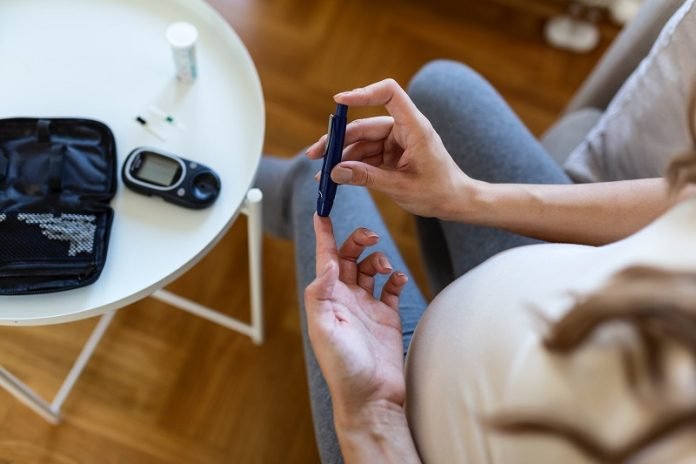
According to the CDC, prediabetes is a serious health condition where blood sugar levels are higher than normal, but not high enough yet to be diagnosed as type 2 diabetes.
Approximately 96 million American adults—more than one in three—have prediabetes. Of those with prediabetes, more than 80% don’t know they have it.
In a study from Klick Applied Sciences, scientists have discovered a way to transform a continuous glucose monitor (CGM) into a powerful diabetes screening and prevention tool using artificial intelligence.
They revealed how they used machine learning and just 12 hours of data from CGMs to determine whether a patient was prediabetic or diabetic.
They demonstrated that 12 hours of monitoring can make a big difference in the lives of people at risk of developing diabetes while there’s still time to correct it.
They think CGMs could be used to not just monitor diabetes–but to prevent it altogether.
In the study, about 600 patients who identified as healthy, prediabetic, or living with type 2 diabetes wore a CGM device for an average of 12 days.
The scientists looked at their glucose measurements over time and developed machine learning models to see if those values could be used to determine whether that person was healthy, prediabetic, or diabetic.
The team discovered their 12-hour model showed similar high accuracy to results from the longer intervals, correctly identifying two-thirds of patients with prediabetes, while also showing high accuracy in identifying healthy patients and those with type 2 diabetes.
The shorter time frame is a big step forward, because most research draws from 10 to 14 days’ worth of readings, and often requires analysis from expert clinicians.
If you care about diabetes, please read studies about a critical trigger for type 2 diabetes, and eating eggs for breakfast may control blood sugar.
For more information about nutrition, please see recent studies that blueberries strongly benefit people with metabolic syndrome, and results showing vitamin D could improve blood pressure in people with diabetes.
The study was conducted by Jouhyun Jeon et al and presented at the NeurIPS conference.
Copyright © 2022 Knowridge Science Report. All rights reserved.


